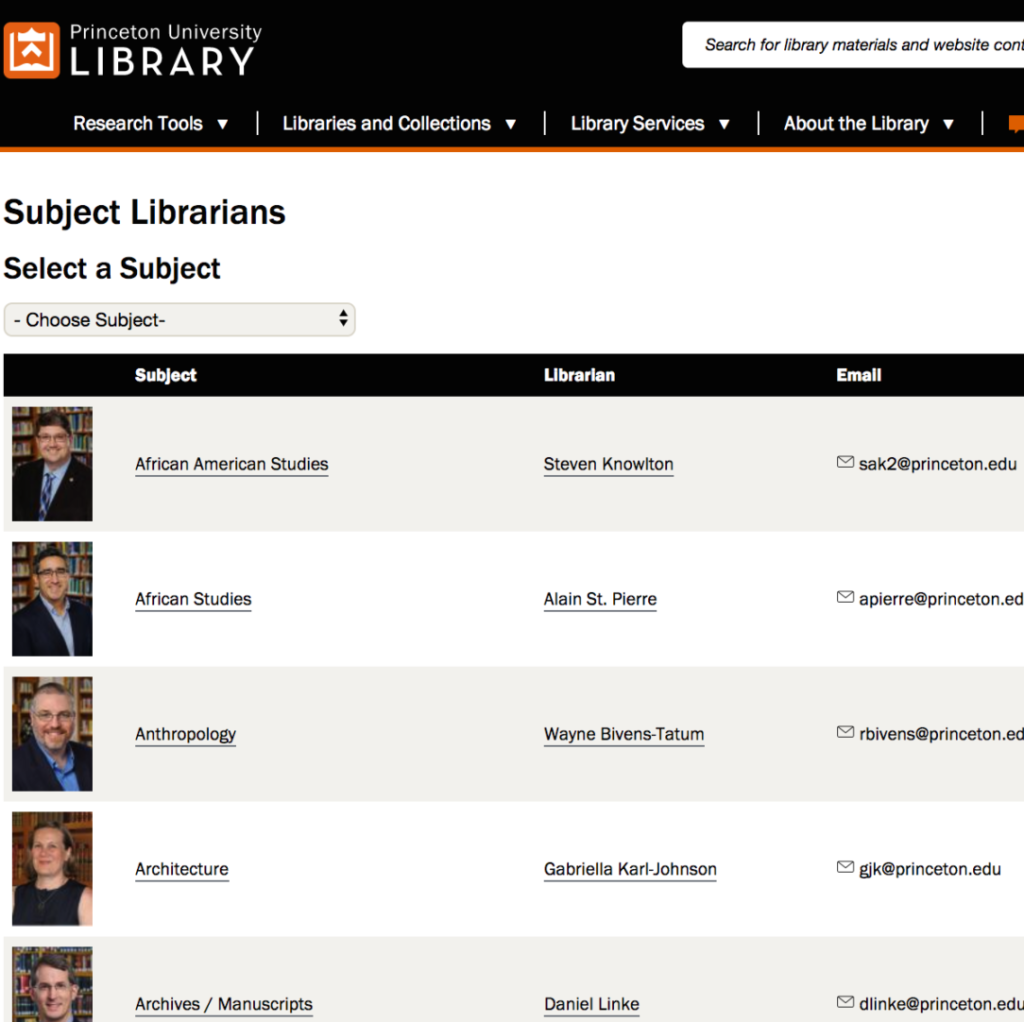When a professor assigns a research paper with no specific prompt, it sometimes can be hard to know exactly what kind of work is expected. Assignments like these may provide a suggested page count and an injunction to stay within the bounds of the course theme, but little else. In this case, the possibilities for paper topics seem infinite. Once you get past this hurdle and settle on a general idea you would like to explore, you still may feel compelled to answer some big questions; questions that might cover a long time frame, seek to identify general trends with a large sample size, or tackle broad theoretical questions. So much of the academic material we are exposed to seems to deal with these “big questions”: survey lectures, assigned readings with titles of sweeping breadth, and the prospect of the senior thesis.
The impulse you may have to ask big questions is natural, then— and it’s a good impulse, too! It is a great way to jumpstart your research, beginning the process of narrowing down by going from infinite potential topics to many potential topics. But, with a looming due date (unfortunately) limiting your research time, keeping your question broad can become overwhelming, and hinder your ability to meaningfully answer it.
During my experience this summer working on an independent research project as an intern with the Office of Undergraduate Research’s ReMatch+ program, I came to learn the importance of narrowing your question early in the research process. Though through the wonderful advice of my ReMatch+ graduate student mentor, my research was pretty specific by midsummer (focusing on the language of “othering” in New York City press reports of a June 1848 Paris workers’ rebellion), it took me several weeks to get to there— necessary time in retrospect, but time I would have rather been developing my topic rather than figuring out what it was. I definitely could have benefited from some guidance at the beginning of my work. So, with that in mind, I hope the tips below will help you narrow your research questions early on, so you don’t have to learn the hard way like I did.
Continue reading Open-Ended Assignments: Tips Towards Narrowing Your Research





